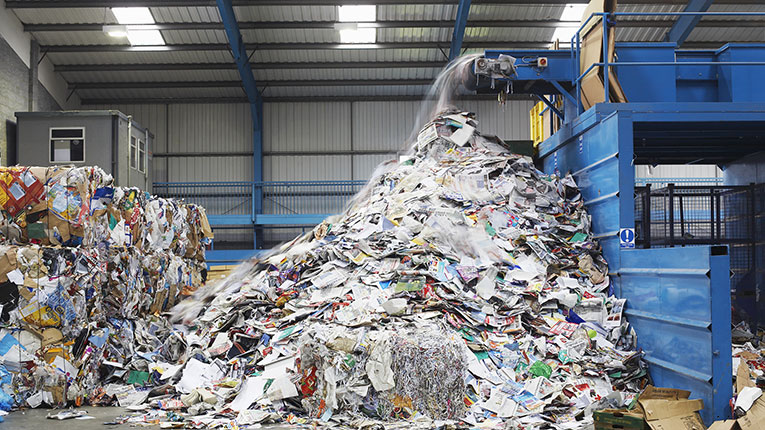Romania has a non-recyclability rate of 89%, which means that we have the highest degree of mortality of resources in Europe, said on Tuesday, Constantin Damov, president of the Coalition for the Circular Economy and of the Green Group.
“There was talk of separate collection. As a recycler, I can say that separate collection is necessary, because they are recycled separately. It’s that simple, mixed things are not good. I would say that in Romania, if we look at the figures in reverse, we have some figures high. The non-recyclability rate in Romania is today at 89% – this means that we have the highest mortality rate of resources in Europe. This is how I see them as a recycler, this is how my colleagues in the industry see them. We have a mortality rate of resources , valuable resources, many of them being even from the area of critical raw materials, which even come from conflict zones today. We throw them away casually, because there is minimal resistance in what storage means,” said Constantin Damov, at the conference Pria Environment, quoted by Agerpres.
He emphasized that “new things have appeared on the market”, to which we must find a solution much faster than with blankets and glass.
“New things have appeared on the market, things for which we have to find a solution much faster than blankets and glass. We recycle electronics – and here’s what you can find in the household waste today – and which this year caused hundreds of fires through self-ignition – and I wouldn’t be surprised if in the forests of Greece they were also spawned little gadgets. This is a toothbrush, I opened it, it came with a charged battery. It’s a lithium-ion battery that it can explode at the slightest step or if we have a very humid atmosphere around. It’s these bluetooth headphones that have a small lithium-ion battery inside. All these are little lighters – and everyone wonders who put a fire on the landfill, in a warehouse or in a forest,” explained Damov.
